By Emmanuel Oluwakorede
The United Nations Children Fund (UNICEF) has urged Media Practitioners to renew their reportage on issues that affect children by adhering strictly to ethical conduct.
The call was made at a two day training organised by UNICEF in partnership with the Federation Ministry of Information and National Orientation held in Port Harcourt, the Rivers State Capital for Journalists from North Central, South East and South South States.
In his key note address titled “Why Ethical Reporting Of Children Matters in NIGERIA,” the Chief Field Officer of UNICEF, Port Harcourt Field Office, Dr Anslem Audu, pointes our that the role of the Media in shaping children lives, stressing the need for responsible journalism.
Dr. Anslem enjoined Media Practitioners to ensure that their reports are not harmful to children, saying ethical reporting remains the antidote to misinformation and hate speech.
“I want to emphasize the critical role journalists play in shaping public perception and influencing the well-being of children in Nigeria.The media has the power to amplify the voices of children, highlight their struggles, and bring attention to issues that affect their well-being. However, with this power comes great responsibility. The way we report on children, and their stories can have a lasting impact on their lives.
According to him, “The first reason is that Ethical Reporting Builds Trust and Heals Division. In a nation or society with diverse ethnicities, religions, and perspectives, the media is the glue that can hold people together—or the wedge that can drive them apart.”
He particularly stated that “In the fragile context of northwest Nigeria, where insecurity and tension exist, responsible reporting can cool tempers, promote dialogue, and foster peace.”
The Chief Officer maintained that ethical reporting is of priority to UNICEF as it Protects the Vulnerable, especially Children.
*Children are not miniature adults. They are vulnerable, their minds are impressionable, and their futures are shaped by how we represent them, he added.
“Ethical reporting on children is not just a moral imperative; it’s a professional obligation. By working together, we can create a safer, more supportive environment for Nigeria’s children to thrive.
On his part, the Permanent Secretary, Federal Ministry of Information, Mr Ogbodo Chinasa Nnam, represented by the Head of the Child Rights International Bureau (CRIB) in the Ministry, Toye Falayi, affirmed that the power of the Media cannot be over emphasized as it is contained in the 1999 Constitution of the Federal Republic of Nigeria as amended.
In his word, “The media holds immense power to inform, to inspire, and to hold institutions accountable. But with that power comes a profound responsibility: to report with integrity, sensitivity, and respect for human dignity. When it comes to stories involving children, that responsibility becomes even greater. Every image, every word, and every frame we publish can have lasting consequences on a child’s life, safety, and future.”
According to him, the training was to renew the ethical reporting especially issues that concern children.
*This training is designed to help us reflect on our ethical obligations as journalists, explore best practices for reporting on children’s issues, and strengthen our understanding of child rights as enshrined in national laws and international conventions. Through open discussion, case studies, and shared experiences, we aim to build a media culture that protects children’s identities, amplifies their voices responsibly, and upholds the highest ethical standards.
A Resource Person, Dr. Jide Johnson enumerated the challenges of children in the country to include; malnutrition, child killer diseases, lack of clean water, inadequate sanitation and violence.
Dr. Johnson bemoaned the rate of drug abuse among children from 25 years below which according to him is alarming, stressing the need to contain it.
He cautioned the Media to avoid what he called “kit and kin Journalism,” adding that the Child Rights should be out above any interest.

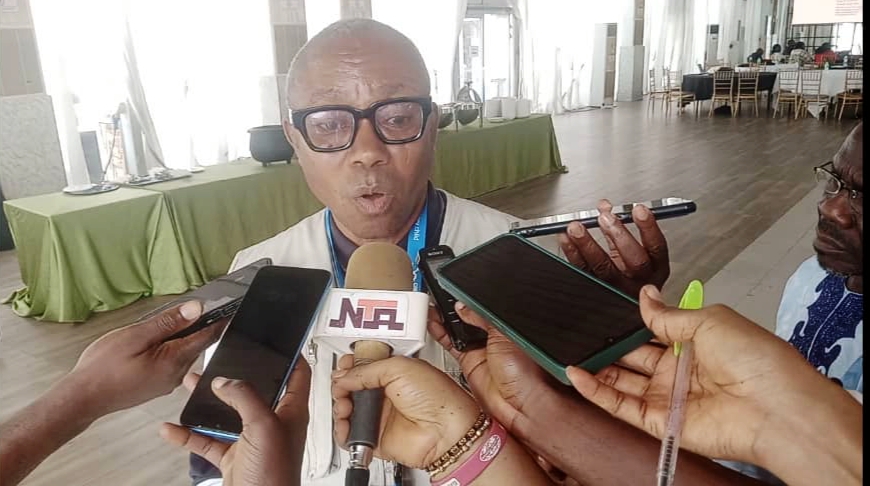
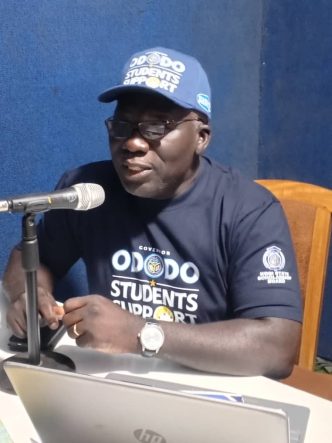

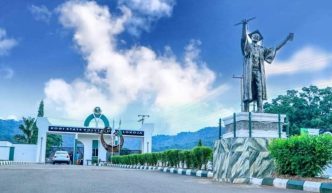



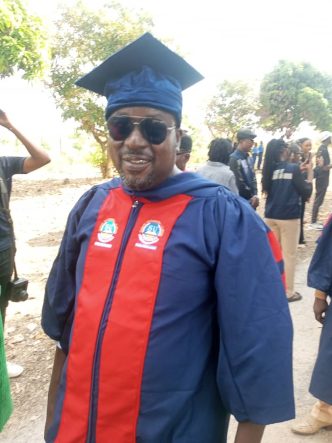
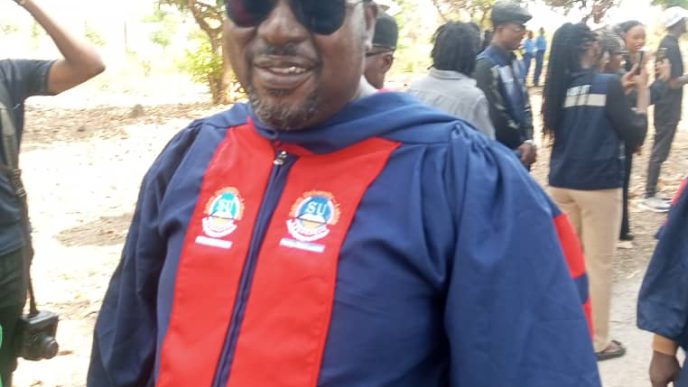




GIPHY App Key not set. Please check settings